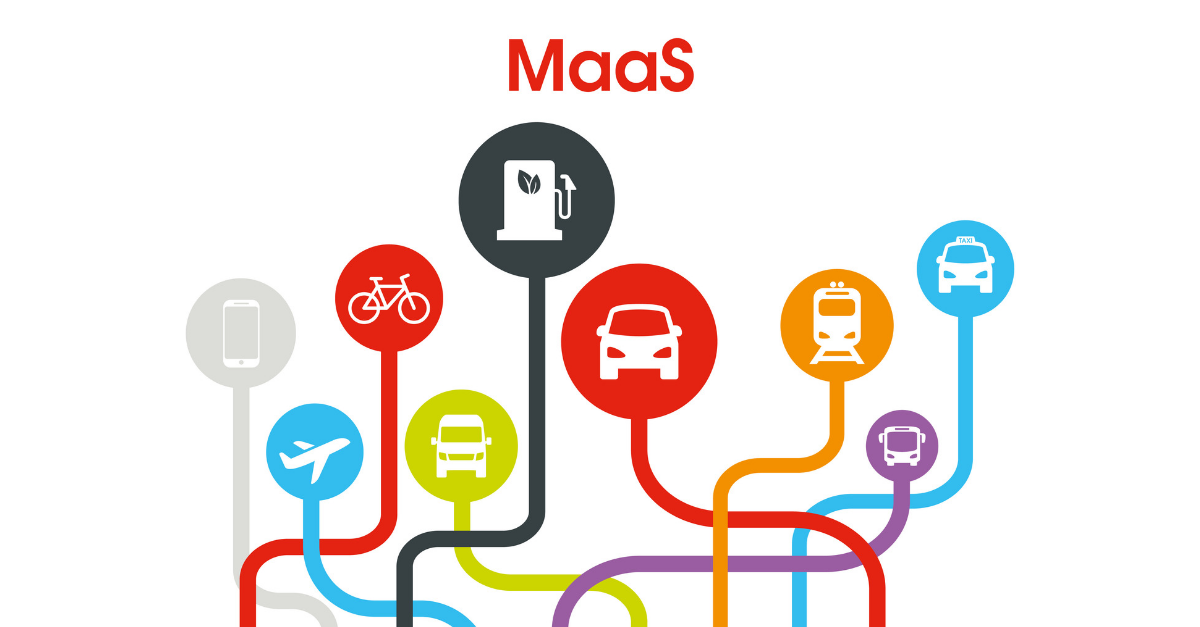1st February 2019
MaaS – what is it, and how could it impact fleets?

Technology has been rapidly transforming the world as we know it over the past few decades, and our industry is included within those being transformed. Mobility-as-a-Service or MaaS…it’s a term you have probably heard batted around in recent times, but what exactly is it and how might it impact fleets in the future?
What is MaaS?
Mobility-as-a-Service (MaaS) is a digital platform which integrates journey planning, booking of transport, ticketing & payment that works across all types of transport- public or private, bikes or aeroplanes, and either for work or for pleasure. MaaS also provides answers on what the best transport mode is for each trip using real time information such as traffic and prices, as well as factoring in the users travel preferences.
It describes a shift away from personally owned modes of transportation and towards mobility solutions that are consumed as a service; providing a convenient alternative to the use of a private car which may also be cheaper, more sustainable, help reduce congestion and constraints in transport capacity.
Trials of MaaS have shown multiple benefits, including reduced road congestion and air quality improvements, as well as better transport networks and efficient management.
MaaS and the future of fleets
We are already starting to see a shift in the mobility landscape, with members of car sharing schemes increasing steadily and bike sharing & ride hailing services becoming increasingly more available in cities all across the world. Whilst there are many pilots taking place in Europe, and closer to home in Birmingham and London, the infrastructure to truly deliver is not yet complete.
But that doesn’t mean we should sit back and wait. MaaS technology could see Fleet Managements moving towards mobility management, looking at the entire organisations mobility requirements beyond the traditional company car. Fleet and travel policies will need to adapt to support what will be a new era in business transportation.
To start with it may be as simple as companies providing more flexible solutions, or offering access to cars for business use for those not eligible for the traditional company car. For more forward thinking fleet managers, they are looking at their car park which is full of idle vehicles, and putting them to use in car sharing for other company employees to expand mobility. Overtime, by moving towards this model, business travel could be faster, easier and cheaper, and provide flexibility for users.
A recent parliamentary report that states MaaS could transform travel in the UK has also received backing from trade bodies ACFO and BVRLA. The report has highlighted that if MaaS is developed in an uncontrolled way, it could have a negative impact on what should be benefits of the service. It is therefore calling on more emphasis on MaaS from the UK Government, incorporating MaaS in to relevant policies and strategies. The BVRLA are calling upon its members for continued involvement with the sectors development.
So, it looks as though Mobility as a Service is here to stay, and has the potential to revolutionise business travel, whilst providing flexibility and cost savings to businesses, as well as increased employee satisfaction and productivity.